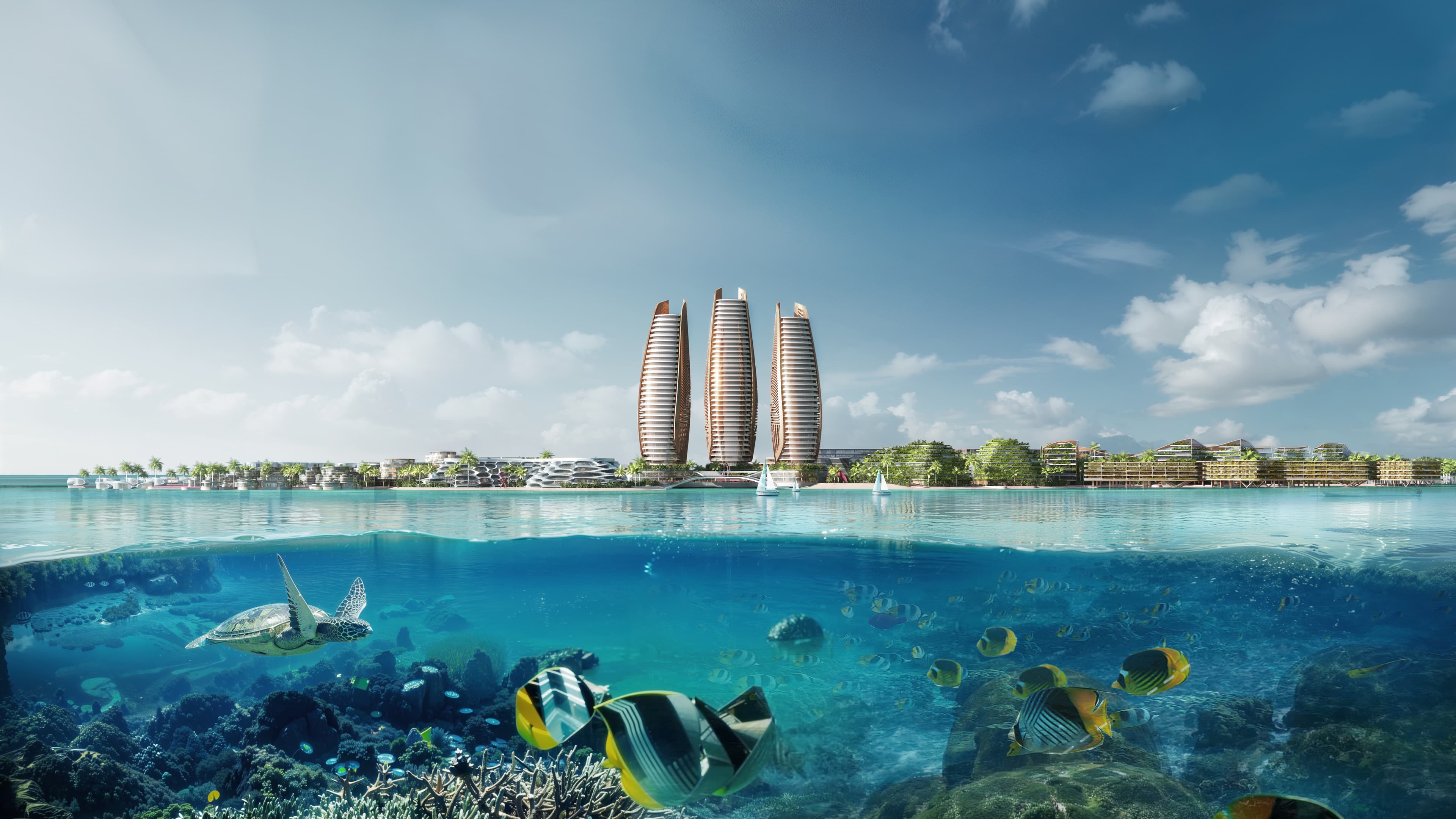Digital Assets • Financial Innovation • Economic Growth
Maldives
A New Era of Financial Innovation

The MIFC Vision
The Maldives International Financial Centre (MIFC) represents an $8.8 billion initiative to transform Malé into a global blockchain and digital asset hub. This ambitious project aims to triple the nation's economy while establishing a new paradigm for financial innovation in the region.
Key Features:
- No corporate taxes
- No residency requirements
- Tax-free inheritance
- Full ownership rights
- Renewable energy powered
💎
Digital Assets
Blockchain Innovation
🏢
Smart Offices
Modern Infrastructure
🌱
Sustainability
Green Technology
Project Scope
Development & Infrastructure
Spanning 830,000 square meters in Malé, the MIFC will accommodate 6,500 residents and create approximately 16,000 jobs. The district will be powered entirely by renewable energy and feature smart offices, climate-resilient infrastructure, and advanced digital banking and offshore services.
Key Metrics:
- 830,000 sqm development
- 6,500 residents
- 16,000 new jobs
- 100% renewable energy
- 2030 completion target
- $1B+ annual revenue
Investment:
$8.8 billion total